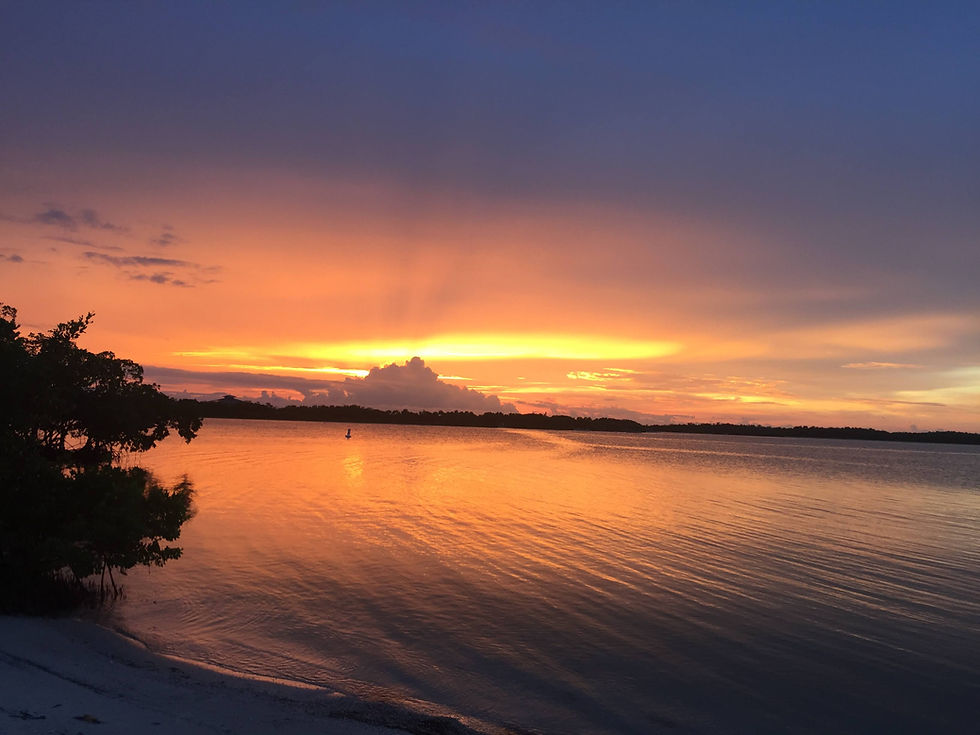Just Paddle
- Roberta J Davis

- Sep 29, 2019
- 2 min read
Ahhh, life is good! And often-times, it goes swimmingly along. We all cherish the moments when we are able to wade in tranquil waters, bask in the summer sun-filled sky, rediscover our blithesome inner self, and live in gratitude for all things good in our life. But, it is the occasional water’s swell that reminds us of what we have once navigated and the rough seas that might lie ahead.
An important key to navigating life's unpredictable waters is to develop the ability to paddle…one paddle at a time.
Listed below are a few paddling techniques that have proven to be helpful in surviving the occasionally rough seas:
Start with a breath - Take a breath. Seemingly simple, right? After all, it is automatic. Deep breathing is one of the best ways to lower stress in the body. When we breathe deeply, it sends a message to your brain to calm down and relax, the message is then conveyed to the rest of our body. Breathing exercises are a good way to relax, reduce tension, and relieve stress. Try taking a deep breath, on the inhale for a count of five, hold the breath for a count of five, and release the breath for a count of five. Repeat! 5-5-5 works wonders!
Remain calm - Remaining calm and reminding ourselves of our ability to handle challenging situations, helps to slow down our exaggerated response to the annoyance.
Stay positive - Keeping our heads up, looking forward, focusing, and giving ourselves credit for everything we’ve already done moves us forward to our ultimate goal. And, serves as a distraction from our stressors.
Rely on friends - There is more power in the paddle when we have close friends around us during our difficult times. Surrounding ourselves with friends who are loving and caring helps us feel connected, valued and understood. It also allows us the opportunity to discover how they made it through their difficulties, as well.
Finally, remember what we are grateful for - When we are clear about, and paying attention to, what it is we’re grateful for, our challenges seem less significant. Additionally, when we look at those unexpected trials as lessons learned, it allows us to understand why we experienced them at all.
Paddle on!



コメント